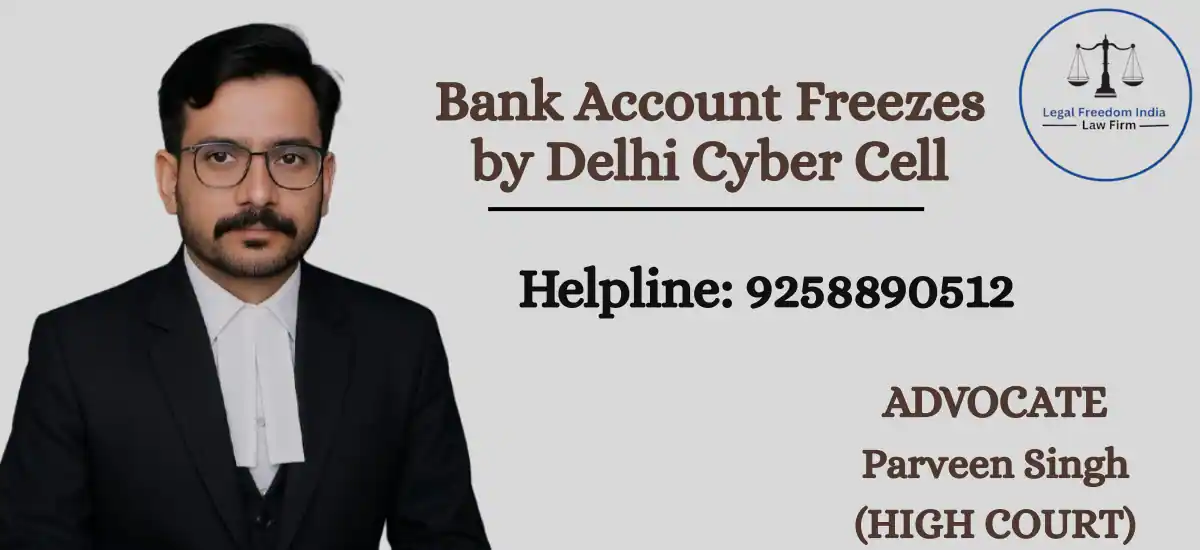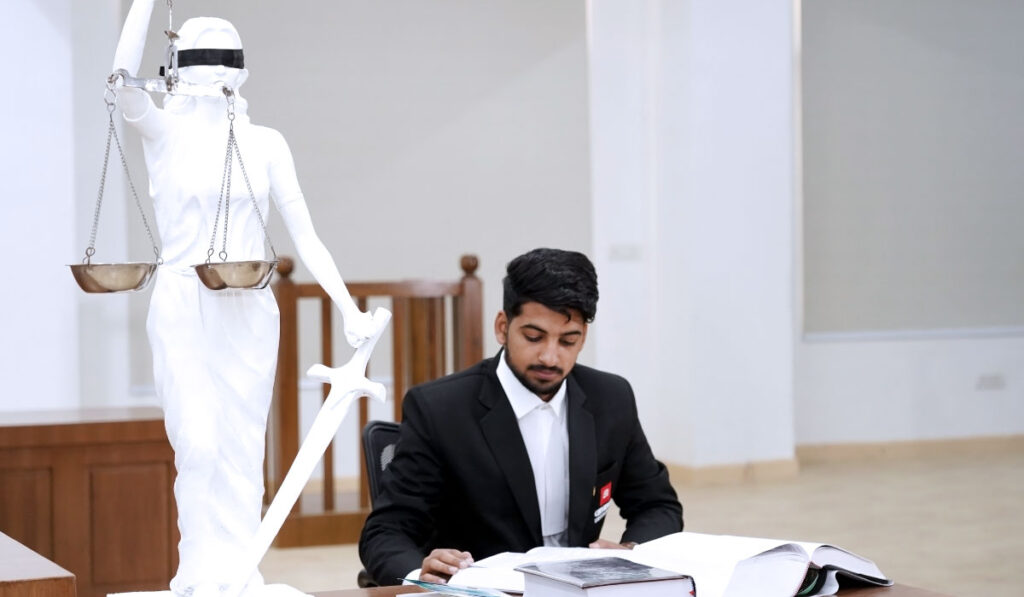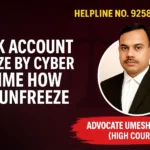1. SC-ST Act kya hai? Basic Baatein
- Background: 1989 mein banen yeh law, jiska goal hai SC/ST ke against abuse aur discrimination rokna.
- Maksad: Social, economic aur educationally weaker classes ko protect karna.
- Major Sections:
- Atyachar (physical harm, abusive tasks, caste-based insults)
- Property damage (ghar-khet mein ghusna, tod-fod, aag lagaana)
- Social boycott (community se isolate karna)
- Legal intimidation (jhooti FIR, misuse of govt orders)
- Atyachar (physical harm, abusive tasks, caste-based insults)
- Applicability: Poore India mein, state governments apne nuances add kar sakti hain.
Ab jab Act ka maksad samajh aa gaya, toh aate hain specific crimes par.
2. Important Definitions & Crime Types
- Atyachar (Atrocity):
- Kisi SC/ST person ko physically harm karna, apmaanit karna, ya caste-based gaali dena.
- Kisi SC/ST person ko physically harm karna, apmaanit karna, ya caste-based gaali dena.
- Social Boycott:
- Community events se alag kar dena, religious ya social gatherings se rokna.
- Community events se alag kar dena, religious ya social gatherings se rokna.
- Property Damage:
- Ghar, khet, ya industry mein tod-fod, aag lagana, ya chori karna.
- Ghar, khet, ya industry mein tod-fod, aag lagana, ya chori karna.
- Legal Intimidation:
- Jhooti FIR file karana, govt orders ka galat istemal.
- Jhooti FIR file karana, govt orders ka galat istemal.
In definitions se aap pehchaan sakte ho ki kaunsa act SC-ST Act ke under crime banta hai.
3. Dandni Sazaon ka Breakdown
| Crime Category | Possible Saza |
| SC/ST person ka apmaan | 6 mahine–5 saal jail + ₹10,000 tak fine |
| Physical attack / jaanlewa hamla | 5–10 saal jail + ₹25,000 tak fine |
| Ghar/khet mein ghusna | 6 mahine–2 saal jail + ₹5,000 fine |
| Jhooti complaint / FIR file karna | 6 mahine–2 saal jail + fine |
Note: Saza ki duration crime ki severity pe depend karti hai.
4. Personal Level Safety Tips
4.1 Respectful Behavior Apnao
- Language ka dhyan: Kisi ko caste-based gaali na do.
- Physical Boundaries: Unwanted touching ya offensive jokes na karo.
4.2 Documentation Sambhalo
- Photos/Videos: Agar kisi atyachaar ka doubt ho, toh discreetly record karo.
- Witnesses: Event ke time par do-teen reliable logon ke naam/contact note karo.
4.3 Conversation Ka Record
- Chats/Calls: WhatsApp ya SMS chats save karo—date, time, details mention karo.
- Notes: Har incident ka short note likho—location, time, witnesses.
Personal precautions se aap false allegations se proof ke through bach sakte ho.
5. Institutional Policies & Procedures
5.1 Strong HR Protocols
- Pre-joining Policy: Background check mein caste-based conflicts ko assess karo.
- Code of Conduct: Workplace policy mein clear ban on any caste discrimination.
5.2 Regular Audits
- Independent Survey: Har 6 mahine third-party audit of workplace environment.
- Feedback Mechanism: Anonymous channel jahan employees complaints report kar saken.
5.3 Swift Grievance Redressal
- First Contact: Team Lead / Supervisor
- Escalation: HR department
- Final Appeal: Standing Grievance Panel
Institutional processes se organisation safe climate maintain kar sakta hai.
6. Documentation & Record-Keeping Ka Importance
- Forms & Applications: Har complaint ka written form—date, time, witness details.
- Email Trails: Official emails aur chat logs store karo.
- Admin Records: Leave records, trainings, meetings—kabhi kabhi useful proofs milte hain.
- Regular Reports: Monthly/Quarterly complaint status logs.
Detailed records se false cases easily refute ho sakte hain.
7. Effective Grievance Redressal Mechanism
- Issue Identify karo: Complaint milte hi serious leta karo.
- Quick Inquiry: 3 din ke andar preliminary investigation start karo.
- Mediation Session: Dono parties ko bulakar solution find karo.
- Fair Decision: Facts ke basis par corrective action implement karo.
- Feedback Loop: Post-resolution feedback lekar process improve karo.
Transparent portal se trust build hota hai aur continuous improvement milta hai.
8. Training & Awareness Programs
- New Joiner Orientation: SC-ST Act ke key points explain karo.
- Quarterly Workshops: Real-life case studies discuss karo.
- Role-Play Sessions: “Kya kehna hai, kya nahi” practice karo.
- E-Learning Modules: Short videos, quizzes, FAQs update karo.
Regular refreshers se knowledge fresh rehti hai.
9. ADR (Alternate Dispute Resolution) Options
- Mediation: Neutral third party ke through conflict solve karo.
- Conciliation: Community elders / caste panchayat se solution.
- Lok Adalat: Slow court ke bajaye quick, low-cost public forum.
ADR methods fast, cost-effective, aur community harmony banaye rakhte hain.
10. Legal Advice & Expert Support
Disclaimer: Yeh guide sirf general information ke liye hai. Agar aap par case ban raha hai ya aapko apne rights violate lage, turant legal advice lo.
- Contact Experts:
- LegalFreedomIndia.com: Experienced lawyers ki team
- 24×7 Helpline:+91 92588 90512 +91 92588 90512 legalfreedomindia@gmail.co
- Email:legalfreedomindia@gmail.com
- LegalFreedomIndia.com: Experienced lawyers ki team














Contact Legal Freedom India
Have a legal query? Our experts are just a message away.